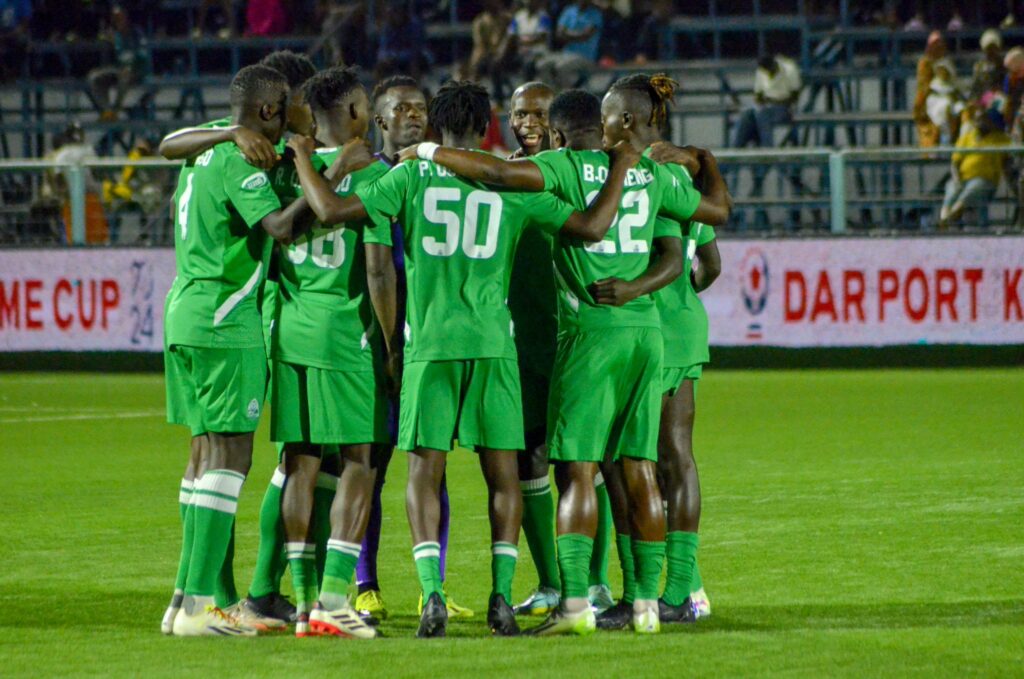Gor Mahia, the Kenyan Premier League champions and record holders, faced a disheartening exit from the CECAFA Kagame Cup without securing a single victory. Their campaign culminated with a 2-0 loss to Al Hilal Omdurman, underscoring a troubling performance that raised significant questions about the standards of Kenyan football. In the group stage, Gor Mahia managed only a 1-1 draw against Djibouti Telecom FC, a team that also failed to win any of their matches, reflecting a broader struggle within the tournament.
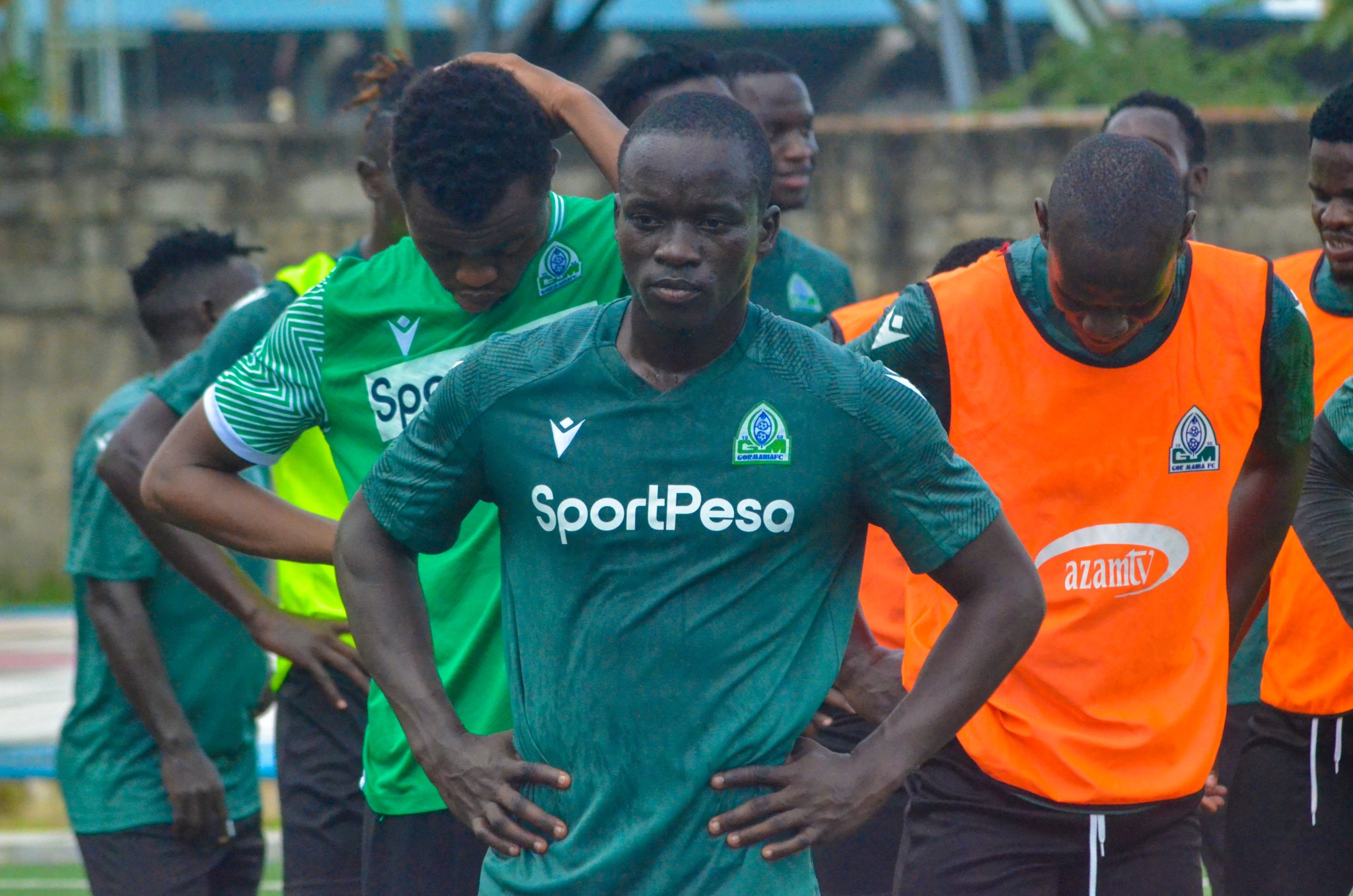
The inability of Gor Mahia’s top scorer, Benson Omala, who netted 19 goals in the KPL, to score in any of the three group matches highlighted a concerning stagnation in the team’s attacking prowess. This tournament marked Gor Mahia’s first significant challenge following the departure of Coach Jonathan McKinstry, who had led the team to back-to-back league titles in the 2022/23 and 2023/24 seasons.
Under the new management of Brazilian head coach Leo Neiva, alongside assistant Zedekiah Otieno, Gor Mahia encountered difficulties in adapting to a new tactical approach. The team saw mixed performances from recent signings; while Levin Odhiambo, primarily a left-back, managed to score their only goal of the tournament, questions were raised about the effectiveness of other newcomers like Ugandan Chris Akena and Congolese Gedeon Bandeka, who failed to leave a notable impact.
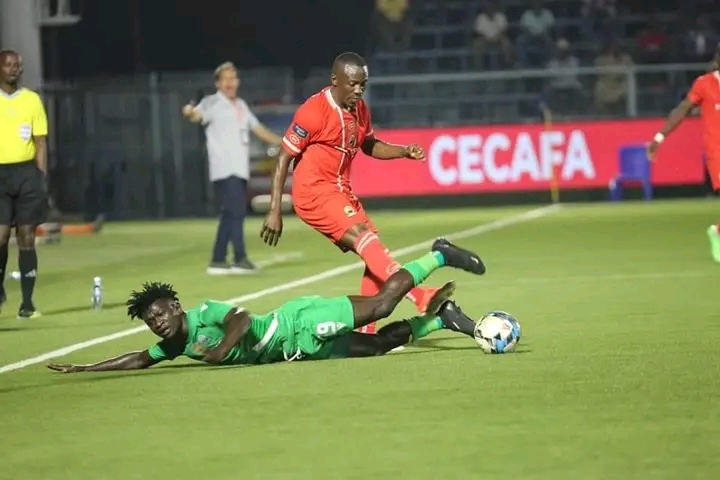
In their opening match against Red Arrows, Gor Mahia faced significant challenges due to the absence of key players, Austin Odhiambo and Roney Onyango, who were returning from international duty. This lack of depth became apparent as Gor Mahia conceded a late goal, resulting in a 1-0 loss. Throughout the match, the team’s defensive strategy allowed the Zambian side to dominate possession and create several clear opportunities, revealing the need for a more assertive offensive game plan.
The subsequent fixture against Djibouti Telecom was approached with the hope of revitalization. Gor Mahia made several tactical changes in an effort to secure a much-needed win. The match began positively, culminating in a goal from Levin Odhiambo, which sparked enthusiasm among the supporters. However, their lead was fleeting, as Djibouti equalized shortly after the restart. Despite persistent efforts, Gor Mahia could not convert additional chances, resulting in a disappointing 1-1 draw that left their hopes of advancing hanging by a thread.
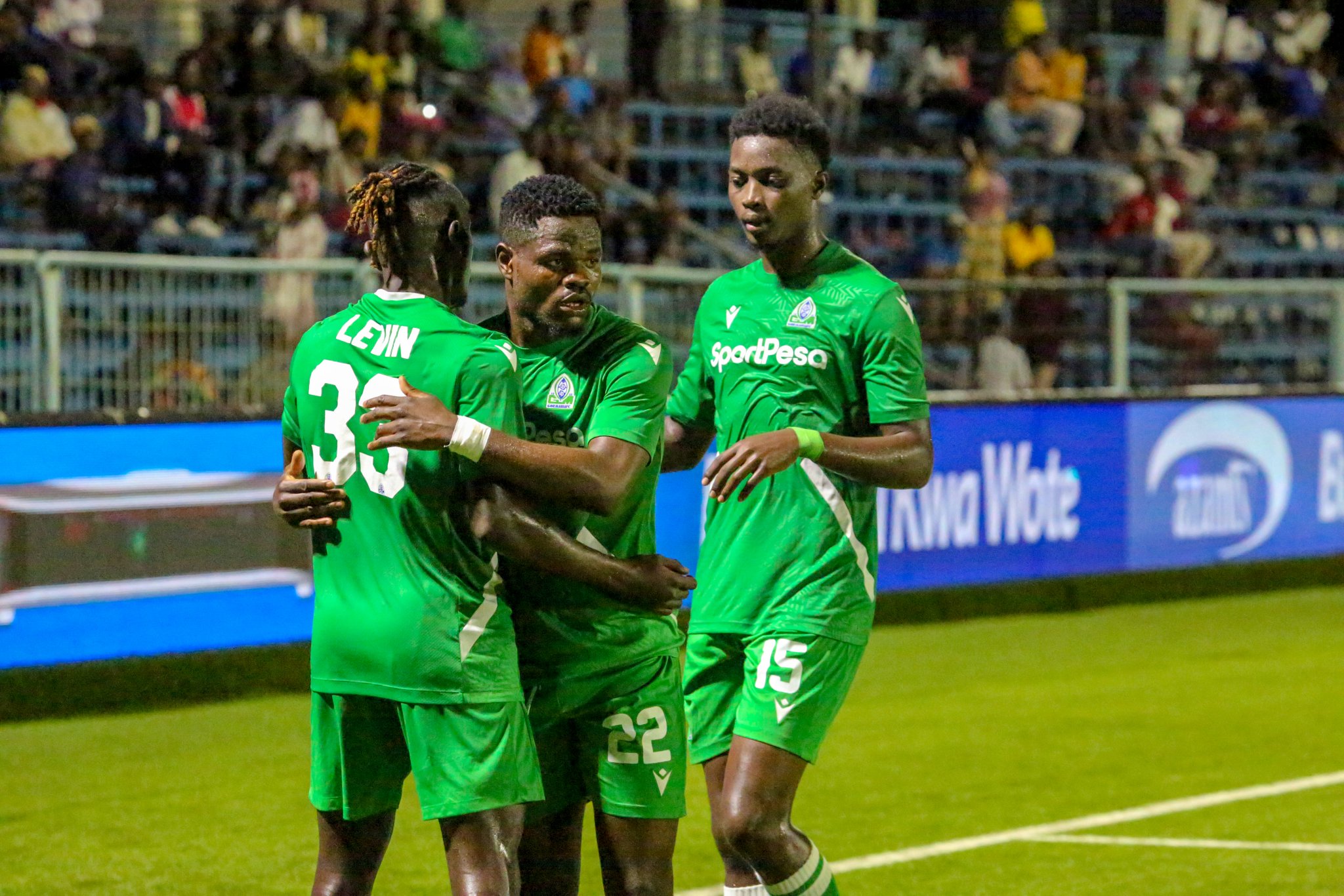
With their elimination already confirmed following results from other group matches for the second best runners up, the final group match against Al Hilal was a mere formality for Gor Mahia. The team opted to field less experienced players, allowing them valuable playing time in a competitive environment. Ultimately, the match concluded in a 2-0 defeat, sealing Gor Mahia’s fate as the bottom team in their group. The statistics tell a stark story: one goal scored and four conceded, resulting in a -3 goal difference that marks this campaign as one of the lowest points in the club’s storied history.
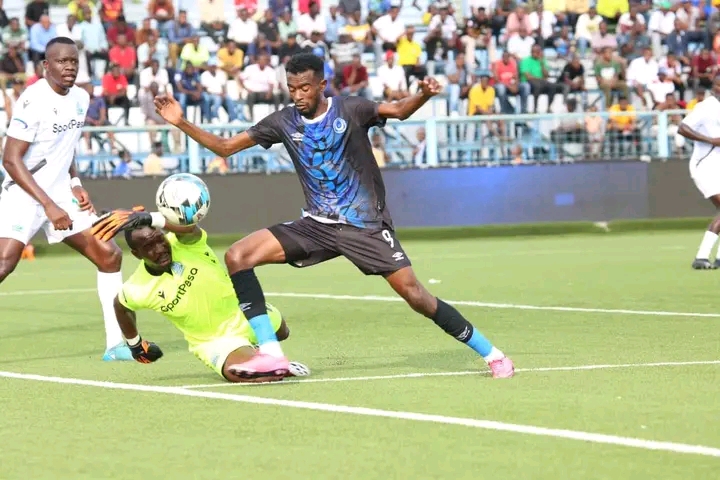
As Gor Mahia reflects on this disappointing performance, they now turn their focus to Coal City International Cup in Enugu Nigeria , another Pre-season tournament before CAF Champions league preliminaries, this upcoming challenge will be critical for the team’s aspirations to recover and regain form.
In CAF Champions League preliminary round draw announced last week , Gor Mahia Fc will face South Sudan’s El Merriekh FC Bentiu. Success in this fixture leads to a clash with Al Ahly, the reigning champions , a powerhouse in African football for a slot in CAF champions league Group stage.

